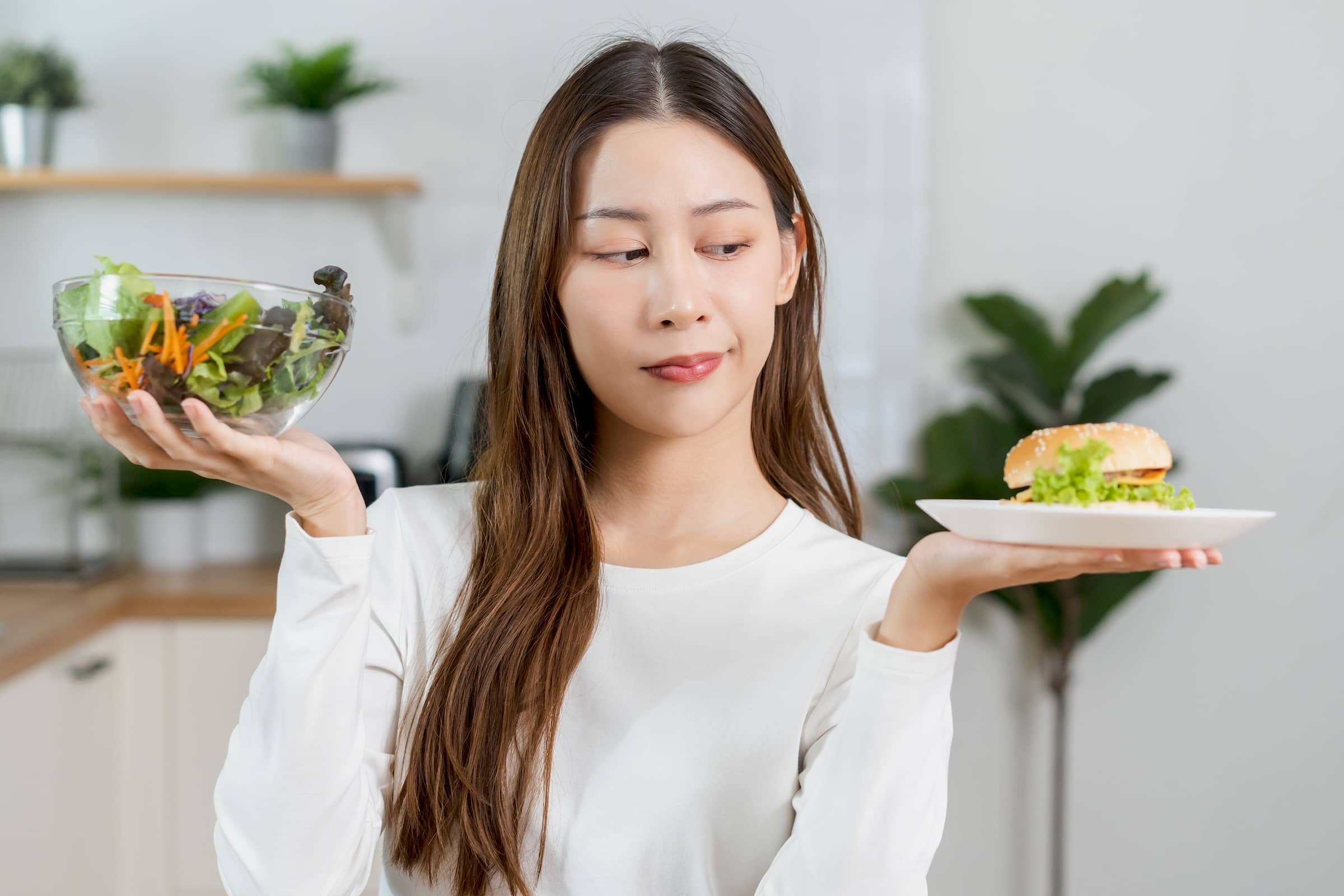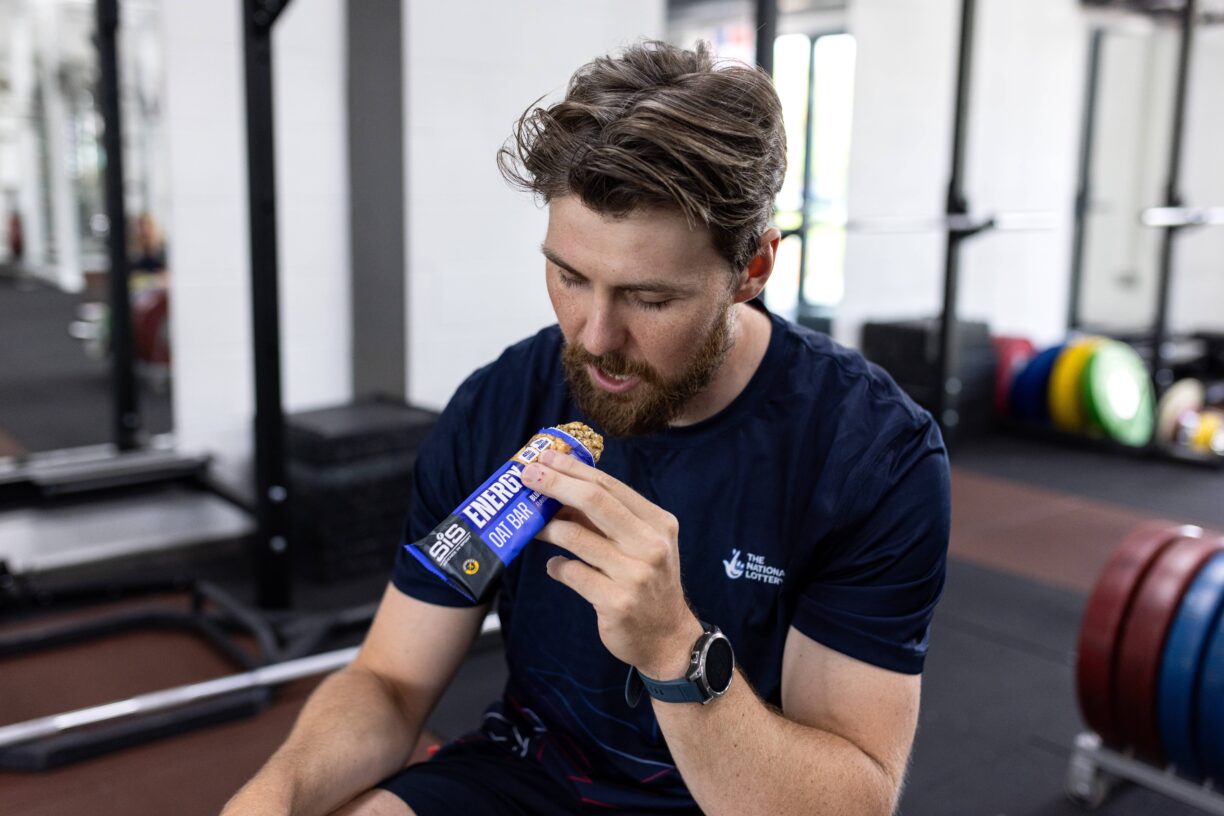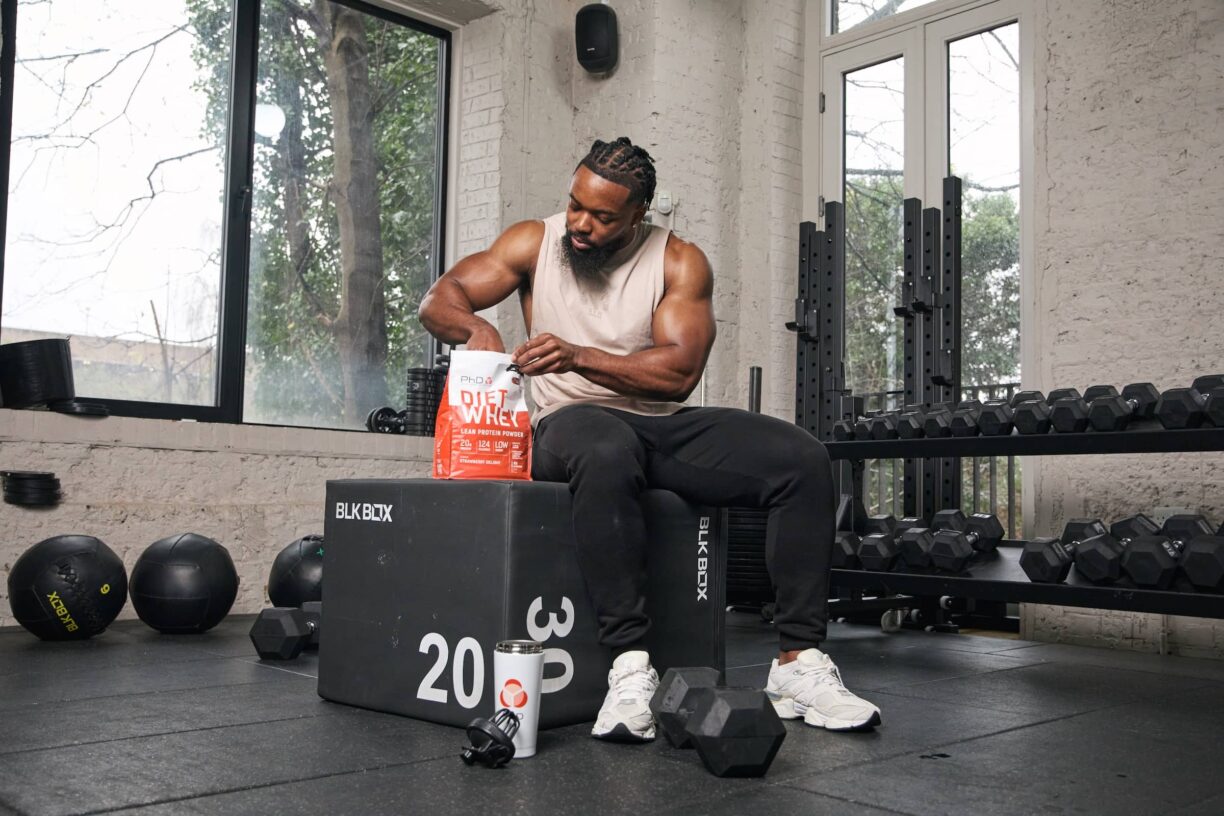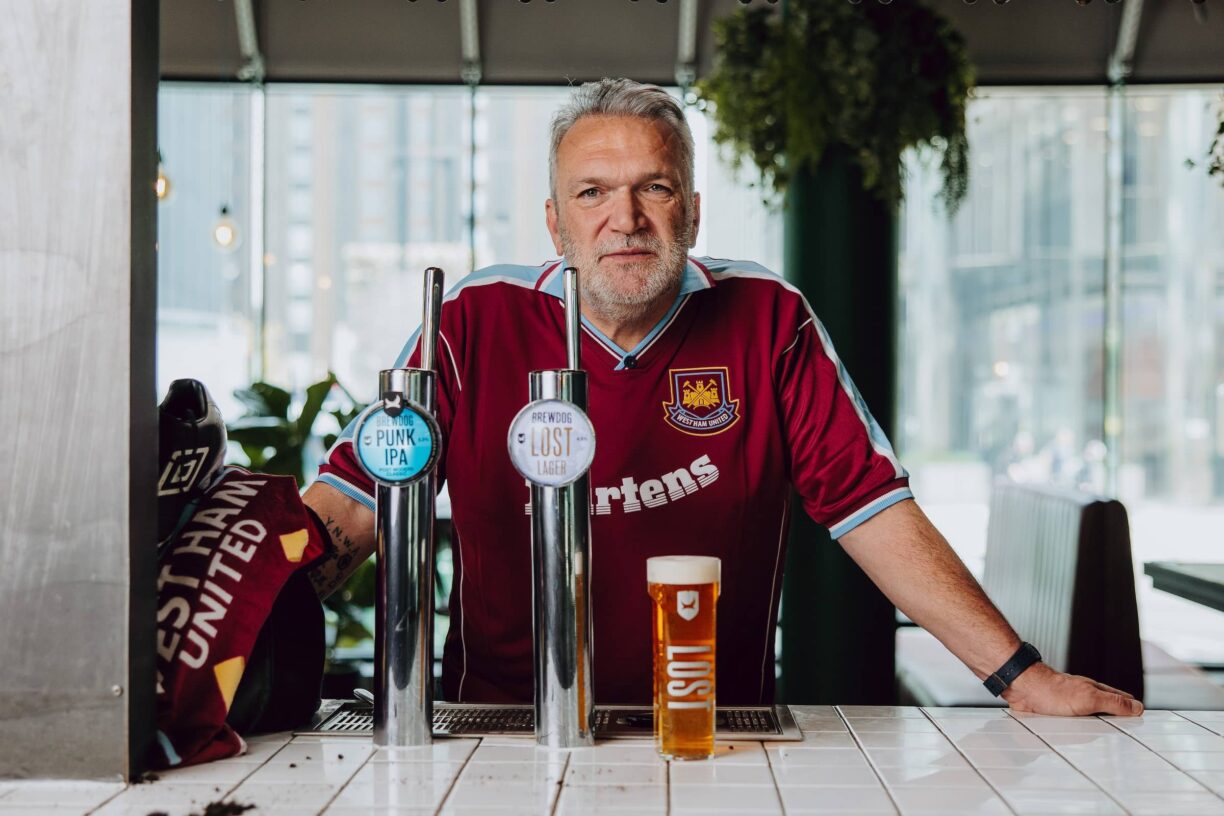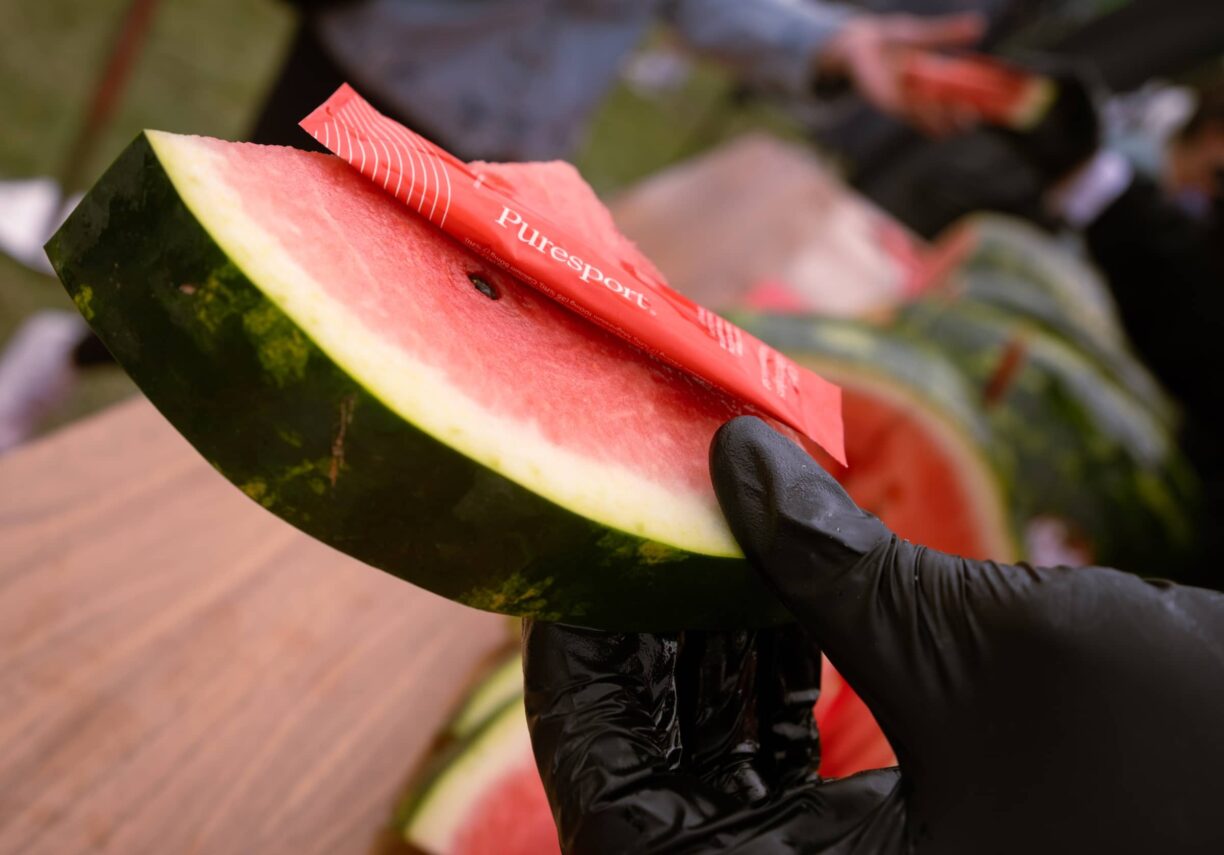In a world obsessed with green juices and Instagram-worthy salads, the act of enjoying foods without guilt might just be the most radical form of wellness.
That’s the striking takeaway from nutritionist and wellness coach Daniel O’Shaughnessy, whose personal account of recovery from restrictive eating reveals a darker side of “clean” living that’s more about control than health.
O’Shaughnessy’s reflections follow the release of a BMJ Nutrition, Prevention & Health study earlier this month, which linked low-calorie diets to a significantly increased risk of depression.
And he doesn’t mince his words either: “A lot of what we call ‘wellness’ is really just socially accepted restrictions,” he writes. “Scratch the surface, and it’s not about health. It’s about control.”
At first glance, eating clean might look like discipline. But underneath? Anxiety. Burnout. Disconnection. O’Shaughnessy has lived through it all—praise for restraint on the outside, nightly binges behind closed doors. And as he sees it in clients every day, restriction isn’t strength. “It’s not resilience. It’s survival mode.”
So what does real resilience look like? According to O’Shaughnessy, it’s not found in counting calories or skipping dinner plans. It’s in connection, balance, and the ability to eat a burger without turning it into a moral crisis. “If saying no to a burger feels safer than saying yes to joy, it’s worth asking: what are you really hungry for?”
That question—what are you really hungry for—sits at the heart of his philosophy. Because sometimes it’s not food you need, but validation. Or rest. Or to be seen without performing perfection. “Health isn’t about perfection… it’s about how you feel, how you cope, and whether food supports your life, not runs it.”
Red Flags in Disguise
For those swept up in the wellness current, O’Shaughnessy lays out a sobering checklist:
- Social isolation is a red flag. If your diet makes you dread holidays or fear restaurants, it may be about fear, not nourishment.
- Bingeing isn’t a failure—it’s the body’s way of rebounding from starvation, emotional or physical.
- Labelling foods as “bad” breeds shame. And shame, as he bluntly puts it, always backfires.
- Skipping meals to “stay in control”? That’s not discipline—it’s a recipe for blood sugar crashes, mood swings, and more cravings.
- And your body? “It’s not a project. You don’t need to earn food or explain your appetite.”
The real kicker? Even language matters. Referring to meals as “cheats” or “treats” locks food into a cycle of guilt and rebellion. “Instead of thinking of these choices as off-plan or indulgent, consider them as flexible. Eating in a relaxed way means trusting yourself.”
In a culture that moralises food and equates being sugar-free with being superior, O’Shaughnessy’s approach is refreshingly human. “There’s no virtue in being thin, sugar-free, or always ‘on plan.’ What matters more is whether your habits support you emotionally, mentally, and socially.”
The Burger as Medicine?
Sometimes, the healthiest thing you can do is stay at the table and eat the damn burger—fully, joyfully, without checking your reflection in the knife. “Not because burgers are inherently better than salads,” O’Shaughnessy clarifies, “but because letting yourself enjoy something, without shame or overthinking, is a radical act of self-care.”
His message is clear: enjoying foods without guilt isn’t a betrayal of your health goals—it might just be the health goal.
And if this all sounds painfully familiar, if food has started to feel like a full-time job or a moral battleground, it might be time to talk to someone. “Reaching out to a therapist or a practitioner trained in the emotional side of eating can be a powerful step toward feeling more at ease in your body,” he advises.
In a world that profits from our shame, allowing yourself pleasure is no small thing. Sometimes, the most revolutionary thing you can do is eat with ease.

